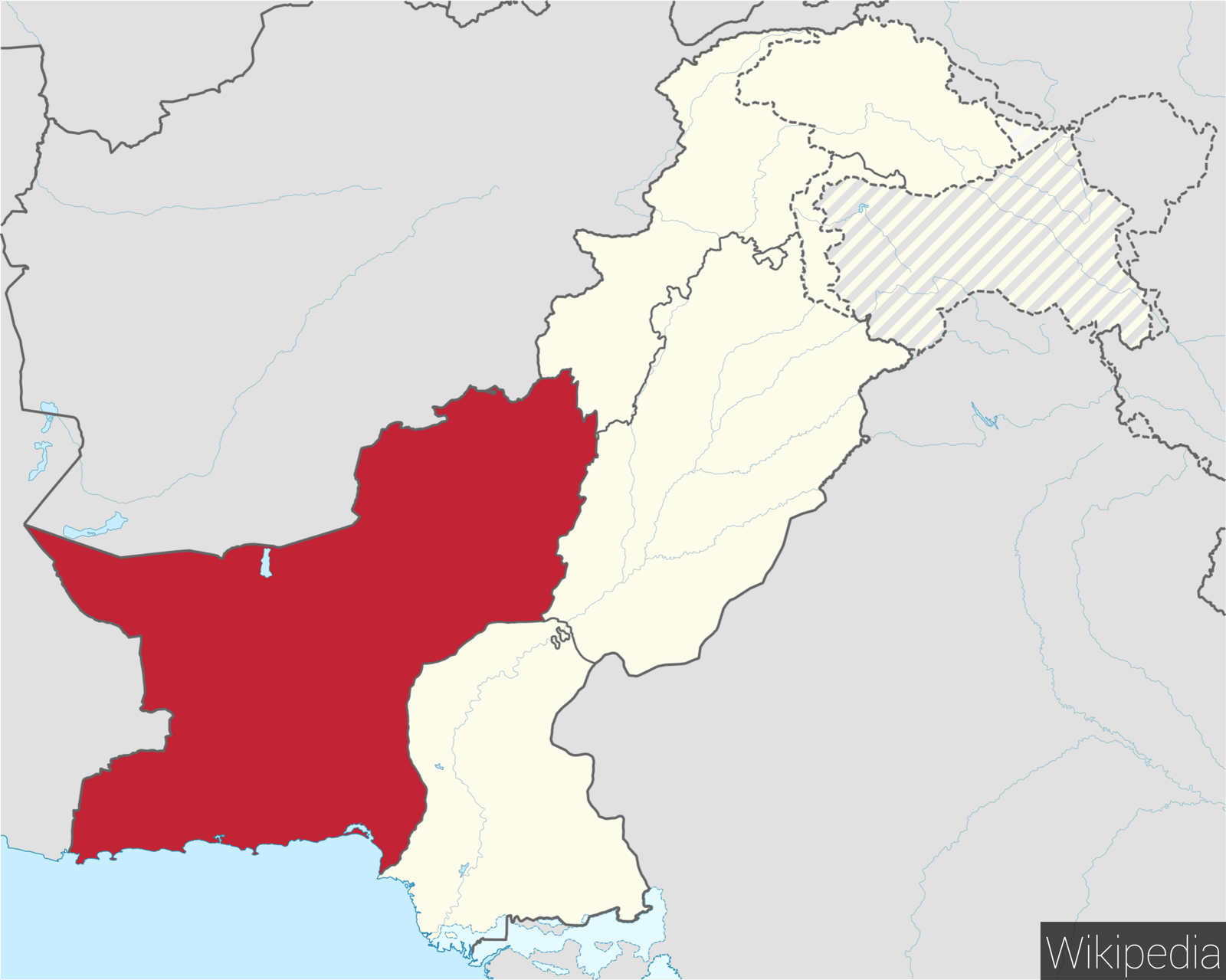
Introduction to AI and Its Impact on Employment
Artificial Intelligence (AI) is revolutionizing various sectors, leading to profound changes in the employment landscape. By simulating human intelligence processes, AI encompasses a wide range of technologies, including machine learning, natural language processing, and robotics. This broad spectrum of capabilities empowers machines to perform tasks that traditionally required human intellect, thereby influencing the way jobs are created and transformed.
The advent of AI has particularly emphasized automation, which refers to the use of technology to perform tasks with minimal human intervention. While automation can enhance efficiency and reduce operational costs, it also raises concerns about job displacement. Throughout history, technological innovations have disrupted established job markets, and AI is no exception. For instance, industries such as manufacturing and logistics are increasingly relying on AI-driven systems to manage supply chains and optimize production processes, which may lead to a reduced demand for certain roles.
On the flip side, AI also presents new opportunities for employment. As businesses adopt AI technologies, there is a growing need for skilled professionals who can develop, manage, and maintain these systems. Roles in data science, machine learning engineering, and AI ethics are gaining prominence, reflecting the shift in skill requirements across industries. Furthermore, industries are evolving to incorporate AI seamlessly, allowing workers to collaborate effectively with automated systems rather than being entirely replaced.
As we delve deeper into the complexities of AI and its implications for jobs, it is essential to recognize both the fears and opportunities associated with this technological shift. The balance between job displacement and job creation will define the future of employment as we navigate the rapidly changing job market.
Positive Transformations in the Job Market
Adding artificial intelligence (Al) to the job market is bringing many good changes to different industries. One big change is the creation of new types of jobs that did not exist before. For example, there are now jobs like Al trainers, data annotators, and Al ethicists.These jobs are needed because companies are using machine learning to do tasks and understand data. A report from the World Economic Forum says that by 2025, Al will help create about 97 million new jobs. This shows a big move toward jobs focused on Al.
Besides creating new jobs, Al also helps people do their current jobs better and faster. It takes care of simple, everyday tasks so workers can spend time on more important work. For example, in customer service, Al chatbots now answer basic questions. This lets real people handle harder problems that need a personal touch. Because of this, the service becomes better. Workers also feel happier because they don’t have to do boring tasks all the time. In this way, Al makes jobs more interesting and helps workers enjoy what they do even more.
Also, Al is making it important for workers to learn new skills. As companies use more advanced technology, they need people who understand Al and data. To help with this, many companies are starting training programs.These programs teach workers how to use new tools and keep up with changes. A survey by IBM said that about 120 million workers around the world may need new training in the next three years to use Al well. This shows that companies care about helping their workers grow and that Al will be a big part of future jobs.
Challenges and Concerns Surrounding AI in Employment
Using Al at work has started many debates about jobs. One big worry is that people may lose their jobs because of automation. As Al gets smarter, it can do more tasks that people used to do. This means some jobs, like working on factory lines or typing data, may go away.People with these jobs are worried.
Another problem is that many workers do not have the right skills for an Al world. Companies now want people who know how to code, look at data, and use Al systems. This makes it harder for people who are already without jobs. They may find it even tougher to get work. It also brings up questions about how to teach people new skills. Many need to learn fast to keep their jobs or get new ones. But Al is growing very quickly. That means there may not be much time for workers to catch up and move into new roles.
Moreover, using Al to make job decisions brings up serious ethical problems. The computer programs behind Al learn from past data, which can include unfair ideas. This means Al might treat some groups of people unfairly when they apply for jobs. As a result, people from certain backgrounds may find it harder to get work.
This is why it is important to make sure Al is fair and clear. Everyone should know how it works and how decisions are made. Different people will feel these changes in different ways. Some may get better jobs with Al, while others may lose chances. This could make job safety and money problems worse. Governments and leaders must create fair plans so that everyone can move into the future of work together.
The Future Landscape of Employment in an AI-Driven World
The rise of artificial intelligence (AI) is bringing big changes to the job market. As Al becomes a part of more industries, many jobs and skills will change. Some jobs may disappear because of automation, but new ones will also be created. This shows how important it is for people and Al to work together.
In this new world, skills like critical thinking, creativity, and understanding emotions will matter a lot. Workers will need to use these human skills to support what Al can do. These skills will help people do better work and come up with new ideas. Employers will look for workers who can work well with Al tools. This will create a job market that is more active, smart, and ready for the future.
To get ready for future jobs, schools and training programs need big changes. Schools must add lessons about Al. They should teach both tech skills and people skills that help students work with machines. This will help close the skill gap as Al grows stronger.
Governments and companies must help by making good rules and plans. They should give money to train workers who lose jobs. They should support learning for life so people can keep growing. Schools and businesses should work together to make training that fits real jobs. These steps will help people stay ready for the future and make sure Al helps more than it hurts.
As we think about the future, using Al at work will need everyone to adjust. With good planning and smart choices, jobs can change in a positive way. This can help people stay strong and succeed, while enjoying the new and exciting things Al can bring.
Today, there are many AI chatbots like Chatgpt, Meta AI, and Gemini etc. that help people in their questions and advises.





